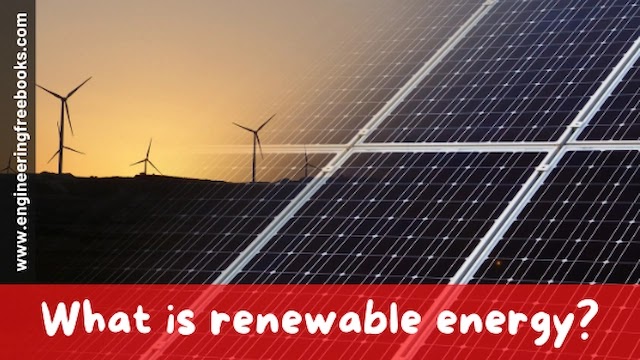Understanding the Basics of Sustainable Power Sources
Renewable energy has been a hot topic in recent years, as more and more people become aware of the environmental and economic benefits of using sustainable power sources. But what exactly is renewable energy? In this article, we will explore the basics of renewable energy and how it is used to power our homes, businesses, and communities.
What is Renewable Energy?
Renewable energy is energy that is derived from natural, replenishable sources such as wind, solar, geothermal, hydropower, and biomass. Unlike non-renewable energy sources such as fossil fuels, renewable energy sources are not depleted with use, and they do not contribute to greenhouse gas emissions or other harmful environmental effects.
Types of Renewable Energy Sources
There are several types of renewable energy sources, each with its own unique benefits and challenges. Here are some of the most common types:
1. Wind Energy
Wind turbines generate electricity by converting the kinetic energy of wind into mechanical energy, which is then converted into electrical energy. Wind energy is a clean and abundant power source, but it can be difficult to harness consistently due to its variability.
2. Solar Energy
Solar panels use photovoltaic cells to convert sunlight into electricity. Solar energy is a highly versatile and reliable source of power, but it can be expensive to install and maintain.
3. Geothermal Energy
Geothermal energy is generated by harnessing the heat from the Earth's core. This energy can be used for heating, cooling, and electricity generation. Geothermal energy is a clean and abundant power source, but it can be difficult to access in certain areas.
4. Hydropower
Hydropower uses the energy of flowing water to generate electricity. This energy can be harnessed through the use of dams, turbines, and other technologies. Hydropower is a highly reliable source of power, but it can have significant environmental impacts on aquatic ecosystems.
5. Biomass Energy
Biomass energy is generated by burning organic materials such as wood, crop residues, and animal waste. This energy can be used for heating, electricity generation, and transportation fuels. Biomass energy is a renewable and widely available source of power, but it can have significant environmental impacts if not managed sustainably.
Benefits of Renewable Energy
There are many benefits to using renewable energy sources. Here are some of the most important:
1. Environmental Benefits
Renewable energy sources do not produce greenhouse gas emissions or other harmful pollutants, which helps to reduce the negative environmental impacts of energy production.
2. Economic Benefits
Renewable energy sources can help to reduce our dependence on expensive and finite non-renewable energy sources, which can lead to lower energy costs and increased economic stability.
3. Energy Security
Renewable energy sources are typically distributed widely across the globe, which can help to reduce our dependence on foreign energy sources and improve energy security.
4. Job Creation
The renewable energy sector is a growing industry that has the potential to create new jobs and stimulate economic growth.
Challenges of Renewable Energy
- Cost - The upfront cost of installing renewable energy systems can be high, which can be a barrier to adoption for some individuals and organizations.
- Intermittency - Some renewable energy sources, such as wind and solar, are intermittent and difficult to harness consistently. This can make it challenging to rely solely on renewable energy sources for electricity generation.
- Infrastructure - The infrastructure required to transport and distribute renewable energy can be complex and expensive to build.
- Public Perception - Some people may be skeptical of renewable energy sources due to concerns about their reliability or effectiveness.
Conclusion
Useful Websites for Renewable Energy
- U.S. Department of Energy - The U.S. Department of Energy provides a wealth of information on renewable energy sources and technologies, as well as energy efficiency and conservation.
- International Renewable Energy Agency (IRENA) - IRENA is an intergovernmental organization that works to promote the widespread adoption of renewable energy sources around the world. Their website includes information on renewable energy policy, technology, and market trends.
- National Renewable Energy Laboratory (NREL) - NREL is a U.S. government research laboratory that focuses on advancing renewable energy and energy efficiency technologies. Their website includes research publications, data, and tools related to renewable energy.
- Renewable Energy World - Renewable Energy World is a news and information source for the renewable energy industry. Their website includes articles, webinars, and events related to renewable energy.
- Solar Energy Industries Association (SEIA) - SEIA is a trade association for the solar industry in the United States. Their website includes information on solar policy, technology, and market trends.


Comments
Post a Comment